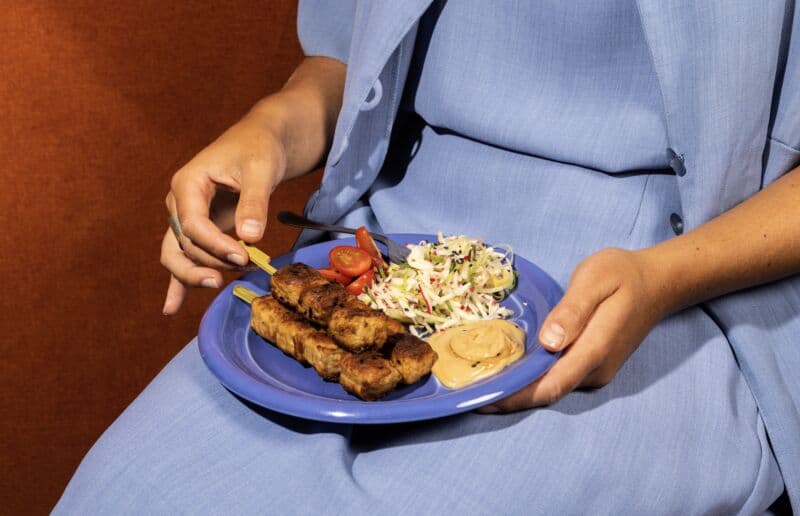It’s Time to Address the Huge Potential of Agricultural Byproducts in Alt Proteins
A recent Good Food Institute report highlights the potential of under-utilized agricultural byproducts to sustainably scale up production of alternative proteins. Based on North American research, the findings are also applicable to Europe, offering insights into how farmers and ingredients producers can leverage sidestreams from barley, maize, wheat, and rapeseed / canola. The report describes how agricultural sidestreams which would normally go to waste can be valorized by the plant-based, cultivated meat and fermentation sectors. Byproducts can be utilized in several ways to create a circular economy that can help produce food more efficiently, affordably, and sustainably: Byproducts from rapeseed / canola oil extraction can be used to produce protein concentrates, adding texture and nutritional properties to plant-based meat, Byproducts from the maize milling process …





















